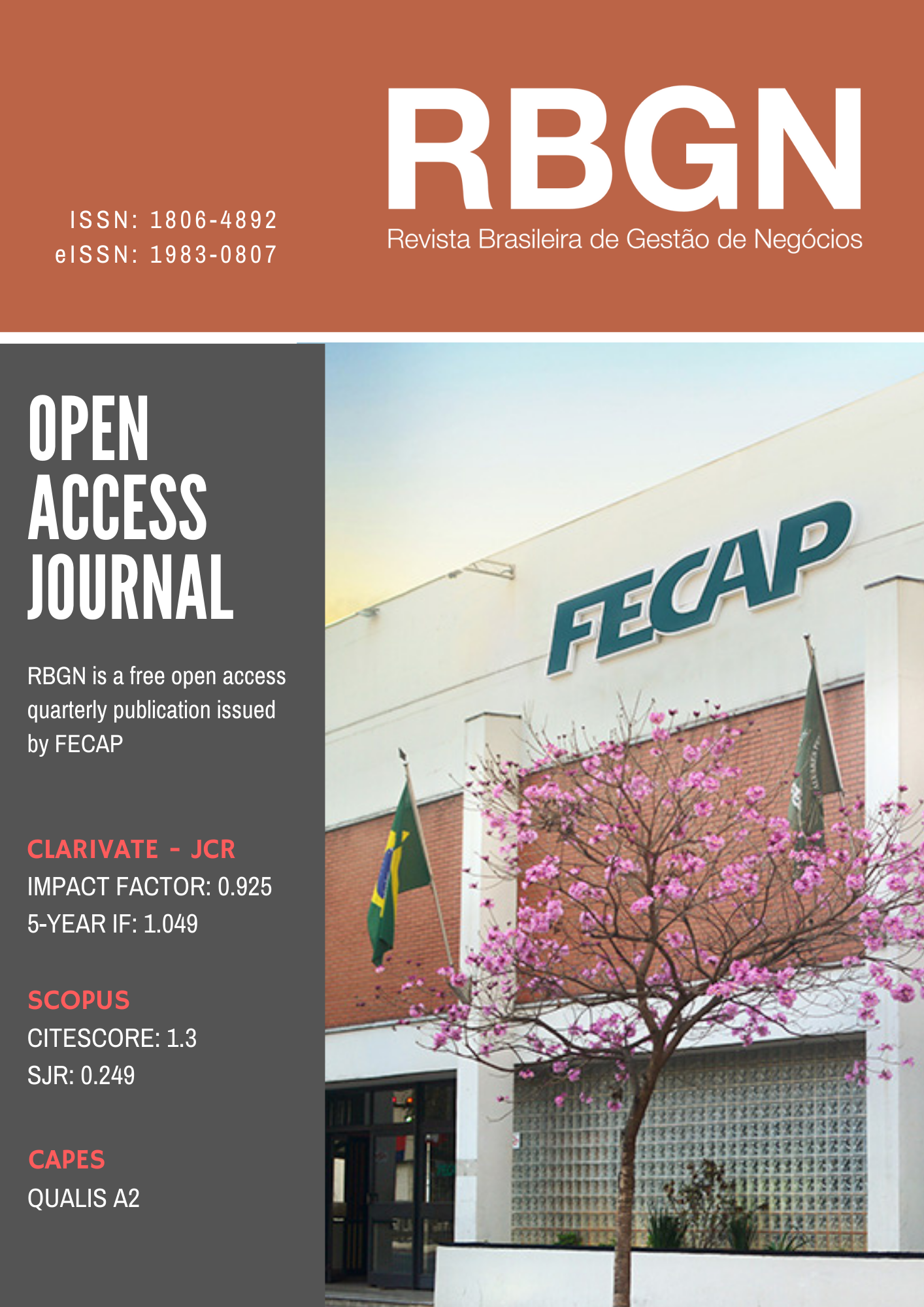Abstract
Purpose – With the advancement of technology and increased use of social media, brands have become part of the virtual world and try to grab customers’ attention. Brand pages enable the consumer to voluntarily participate in providing feedback and ideas and to collaborate with others. This adds value to the firm. This research explores which characteristics help clothing brands to influence consumers into responding in the form of feedback, collaboration, and mobilization.
Design/methodology/approach – Data were collected from 250 respondents who had purchased their favorite clothing brand in the last four months, using five-point Likert scale questionnaires. Partial least squares structural equation modeling (PLS-SEM) was used to analyze the data.
Findings – The results indicate that content quality leads to brand learning values and hedonic values. Customer contact quality only affects brand learning value. Both hedonic and brand learning values induce customer engagement behaviors.
Originality/value – This study provides useful insights for clothing brand webpage managers related to customer engagement in social media. The study extends the concept of customer engagement behavior (CEB) by incorporating consumer “mobilizing behavior” as an additional element of CEB.
If a paper is approved for publication, its copyright has to be transferred by the author(s) to the Review of Business Management – RBGN.
Accordingly, authors are REQUIRED to send RBGN a duly completed and signed Copyright Transfer Form. Please refer to the following template: [Copyright Transfer]
The conditions set out by the Copyright Transfer Form state that the Review of Business Management – RBGN owns, free of charge and permanently, the copyright of the papers it publishes. Although the authors are required to sign the Copyright Transfer Form, RBGN allows authors to hold and use their own copyright without restrictions.
The texts published by RBGN are the sole responsibility of their authors.
The review has adopted the CC-BY Creative Commons Attribution 4.0 allowing redistribution and reuse of papers on condition that the authorship is properly credited.


